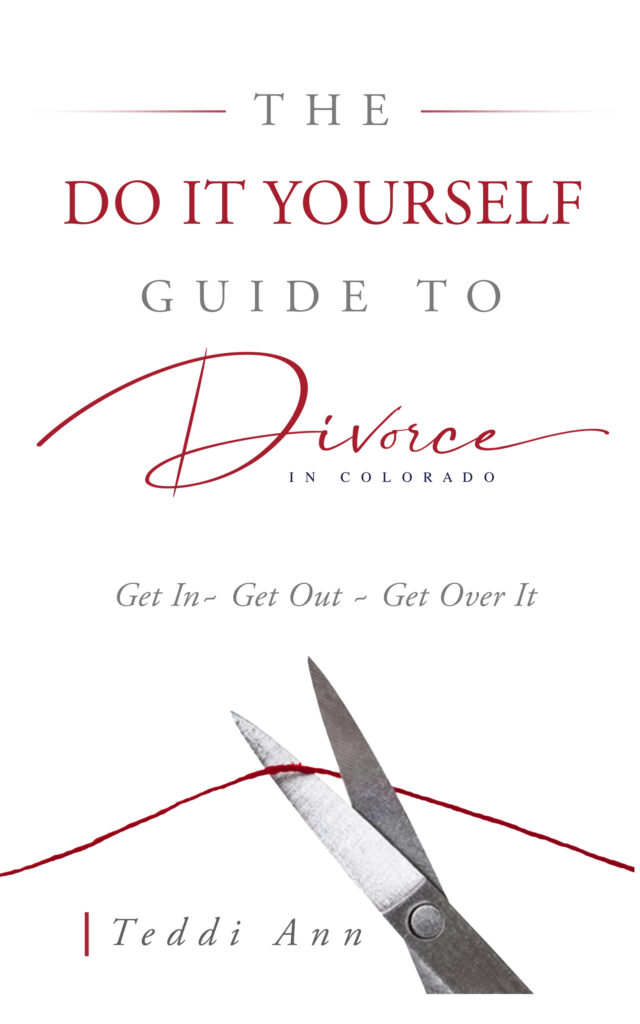Mediation is an intervention in dispute negotiations by a trained neutral third party to assist the parties in reaching a solution. C.R.S. §13-22-302(2.4). Although it may not feel like it if you’ve received an order from the court requiring that you attend, mediation is an entirely voluntary process intended to help parties maintain control over their case and resolve conflict with as little negative impact as possible.
That means a mediator has no power or authority to enter orders or force you to do anything. Instead, a mediator’s role is to act as a third-party neutral, assisting you in evaluating and overcoming disputes.
Mediation is a powerful tool that can help you maintain more control over your case and the outcome and avoid time in court and excessive attorney fees. Ultimately, the secret to success in mediation is the desire of both parties to try to find a resolution.
So what happens when you do find a resolution? Resolution can mean that you have resolved all of your issues or even resolved only some. If you can reach a full or partial agreement, it is imperative to reduce your agreement(s) to writing and ensure that all parties sign the agreement. Once signed, you have a contract; however, to ensure that you can incorporate the agreement into your case and final orders and enforce the agreement if the other side fails to comply, you must file the agreement with the court.
While the best practice is to get the mediation agreements in writing and signed before parties leave the mediation session, there may be times when that is not possible. For instance, there is not enough time to do so because one of the parties wishes to consult with an attorney first or because someone wishes to “sleep on it.” It is essential to understand that, even if you believe you have agreements, anything not written down and signed is not enforceable.
That’s right; oral agreements are not enforceable! Colorado law prohibits you from attempting to present evidence of oral agreements reached at mediation to enforce them.
Mediation is a confidential process. All mediation communications with or without the mediator are prohibited from being admitted in court as evidence of a settlement or absence of a settlement.
Therefore, absent a few exceptions, you cannot call your mediator, or anyone else present at the mediation, as a witness in an attempt to prove or disprove the existence of a final, unsigned agreement.
The only exceptions to confidentiality are where all parties and the mediator agree in writing; where an intent to commit a felony, inflict bodily harm, or threaten the safety of a child; the communication is required by statute to be public; or where such is necessary and relevant to an action alleging misconduct of the mediator.
Thus, as a practical matter, you cannot prove the existence of any oral agreements if the other party disputes such existed.
Whether in mediation or informal discussions with the other party, do not rely on oral agreements. Get those agreements in writing and signed!


